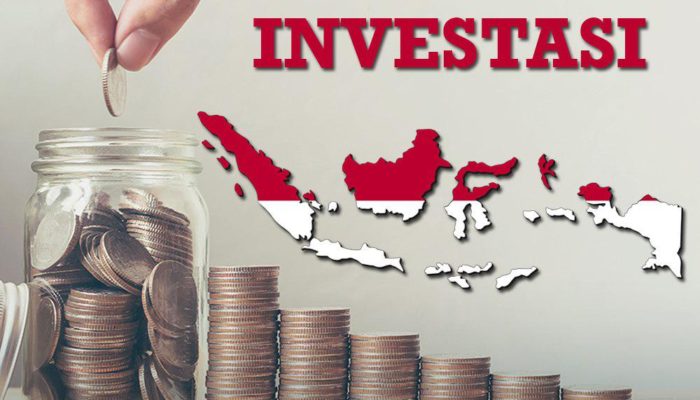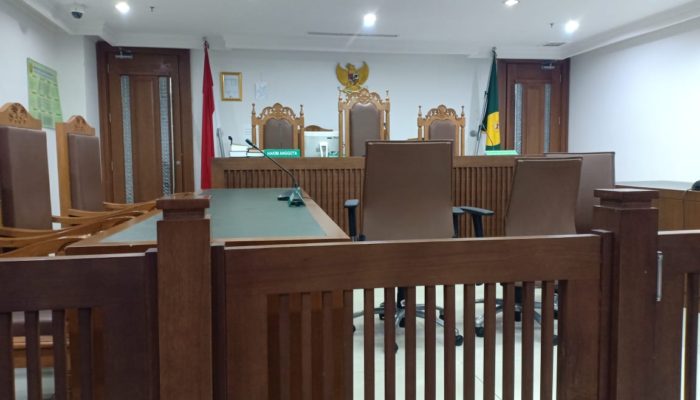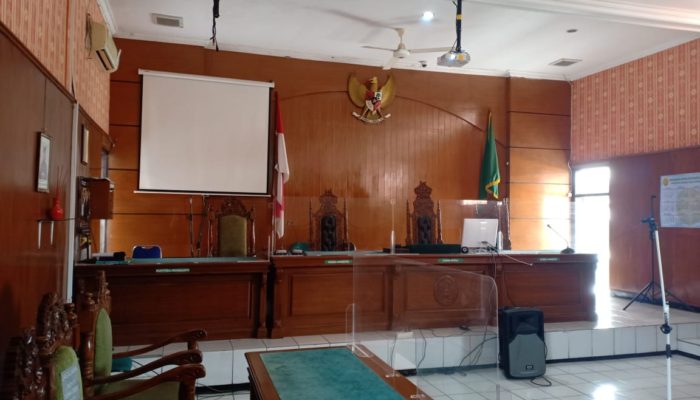The COVID-19 epidemic has been going on for more than one year, and Indonesia’s anti-epidemic situation has become increasingly severe. Starting on July 3, the Indonesian government has adopted Enforcement of Emergency Community Activity Restrictions (PPKM). More and more people have lost their source of livelihood because they can’t carry out normal activities so that they can’t guarantee the most basic life needs.

To this end, Queen Law Firm adheres to the concept of “take it from the people and use it for the people”, and prepares daily necessities for a certain number of people to alleviate their urgent needs.

Queen Law Firm hopes to help people in need to tide over the difficulties through this event.













